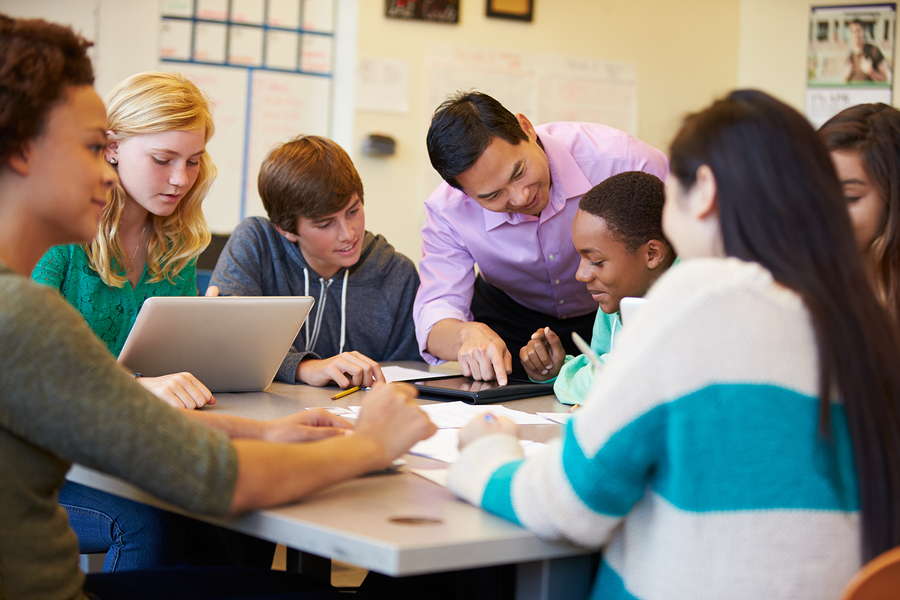As soon as children return to school, colds and other ‘back to school’ ills begin in earnest, quickly spreading to parents and older siblings, through workplaces and other communities.
The tendency to gather indoors during the colder months hastens the spread of viruses, culminating in the dreaded ‘flu season’ at the end of the year…
Although it’s hard to think of cold prevention during those warm September days that mark the end of summer, this is the time of year we need to get started on our prevention strategy for winter ills.
“Every year like clockwork, two weeks after kids go back to class, the cough and cold season starts with a bang,” says Dr. Alan Kaplan, Chairperson of the Family Physician Airways Group of Canada (FPAGC) and executive member of of the International Primary Care Respiratory Group (IPCRG).
“It’s no surprise that respiratory infections spike when people suddenly change their routines, diets and sleeping patterns – which makes them more susceptible to infection – and then gather together in small rooms for hours on end,” Dr. Kaplan explains. He references a research project on hygiene in schools, led by Dr. Charles Gerba, a professor of environmental microbiology, which found that 50% of the classroom surfaces examined were hosting some sort of virus.
“With those kinds of opportunities for transmission, it’s no wonder that, on average, 200,000 schooldays are missed because of illness in Canada every month,” says Dr. Kaplan.
How Viruses Spread
Of course, it’s not just young children who become sick shortly after school starts (although the closeness of little ones, and sharing behaviors – especially with food and drink – tend to get the viral ball rolling). Students of all ages bring home germs they’ve picked up in school, to share with their families. Family members then go on to share them with friends, coworkers and other members of their various communities.
“People infected with rhinovirus or influenza are contagious starting about 12 hours before they even start to feel any symptoms, making it very difficult to prevent spreading those viruses around,” says Dr. Kaplan.
The Best Prevention
The very best way to prevent colds and flu is to wash your hands often and teach your children to do the same. You should wash your hands before and after shopping trips (most supermarkets and drug stores now provide gel dispensers or wipes for this purpose), and always before eating/preparing food and after blowing your nose, or wiping your child’s. You can purchase hand santizers at London Drugs. Here are a few more pointers:
- Remember to wash your hands after touching elevator buttons, keypads, public phones, doorknobs and stair rails.
- Avoid handshakes whenever possible, and go wash your hands afterwards if you do greet someone this way. (Meet-and-greet events, cocktail parties and similar gatherings where food is offered are prime environments for viruses to spread.)
- If someone coughs or sneezes near you, move quickly away and/or cover your nose and mouth. If you have a cough or cold, be sure to use a tissue or sneeze into the crook of your arm.
- For adults and children over 12 years of age, consider taking an immune-supporting supplement like non-drowsy COLD-FX® or COLD-FX® Extra Capsules.COLD-FX® may be taken preventatively as well as to reduce the duration of a cold.
- Be sure to attend to the basics of good health and a strong immune system: get a minimum seven hours of sleep nightly, be physically active every day, and eat lots of healthy fruits and vegetables, low-fat protein and whole grains.
Although there are no guaranteed ways to prevent catching a cold, with a strong prevention strategy, you increase your chances of staying healthy throughout the winter months.






